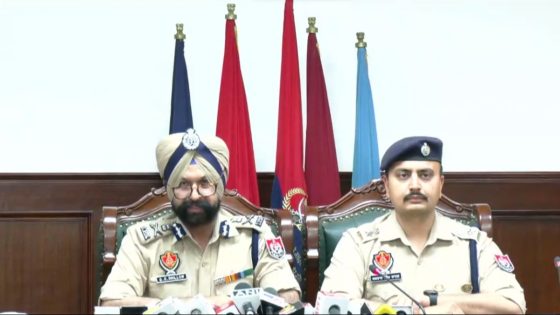Boris Johnson has met Volodymyr Zelensky in Ukraine as Russia threatens war with the West if it allows the use of long-range strikes against Moscow.
In an apparent dig at other politicians the Ukrainian president tweeted he was “grateful” for the former PM’s suport, adding: “Ukrainians always remember those who stand by them.”
Earlier he expressed his frustration at the continued restrictions on the use of Western weaponry against Russian targets.
He said that after meeting the foreign secretary David Lammy and his US counterpart Antony Blinken this week “there should be no unanswered questions” about why Ukraine needs long-range capabilities.

Mr Zelensky said: “When we ask for these systems, we repeatedly hear, ‘We are working on it’.
“Time passes, but Russian missiles and Iranian drones continue to terrorise our skies and our people. Our soldiers are showing incredible heroism, but they need reinforcements.”
He added: “It’s difficult to repeatedly hear, ‘We are working on this,’ while Putin continues to burn down our cities and villages.”
His comments come as the prime minister prepares to meet Joe Biden in Washington DC for talks on the Ukraine war.
Overnight, Sir Keir Starmer stared down Putin’s threat of retaliation .
The prime minister and the US president are believed to be on the cusp of allowing Kyiv to open up a new front in the war with Russia by using Western Storm Shadow long-range missiles.
But in a message apparently timed for when Sir Keir and his entourage were over the Atlantic on their way to the US, President Putin said such a move would mean that Russia would be “at war with Nato”.
A defiant PM told told journalists on the flight: “First, to reiterate, it was Russia who started this in the first place. They caused the conflict, they’re the ones who are acting unlawfully. And Ukraine obviously has the right to self-defence.
“That is why we have been providing training and capability. And, you know, there are obviously further discussions to be had about the nature of that capability.
“What I want to do is make sure that those discussions, tactical discussions, are set in the proper strategic context of the situation in Ukraine. And there are, equally, tactical issues in relation to the Middle East, which need to be set in a context which is strategic, not just tactical.”
Source Agencies


